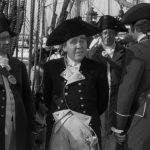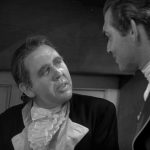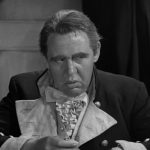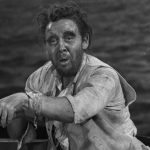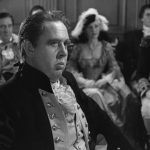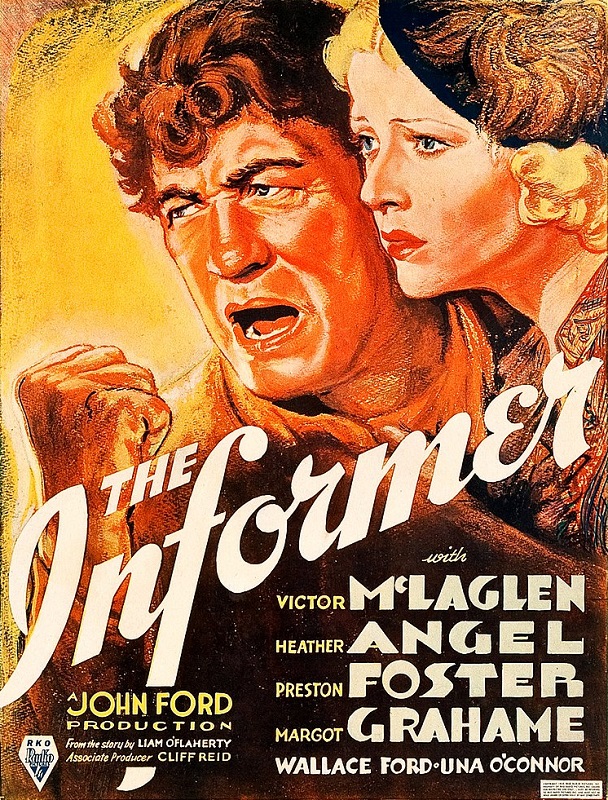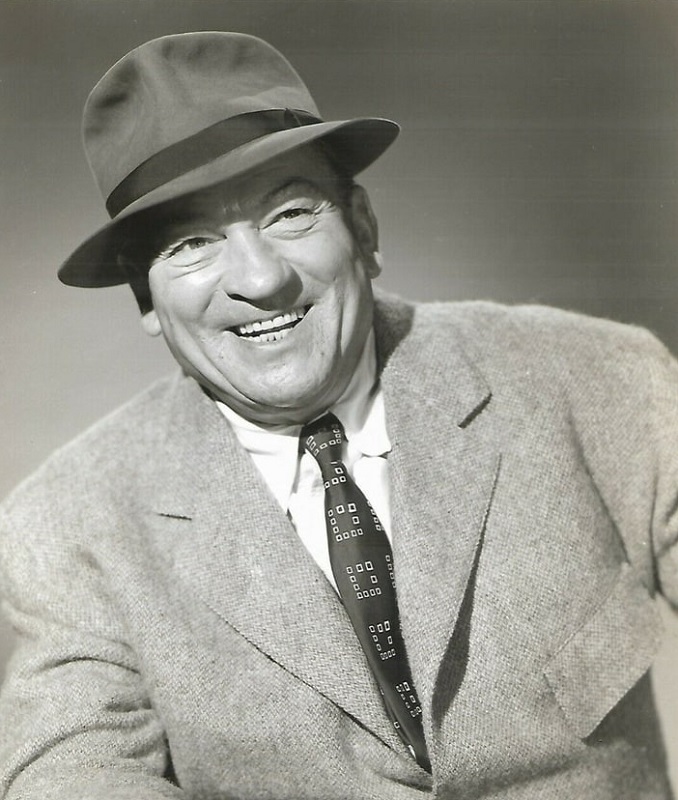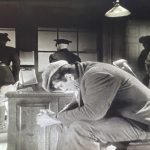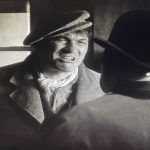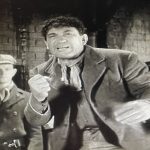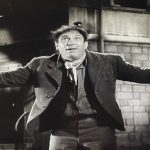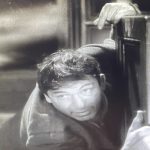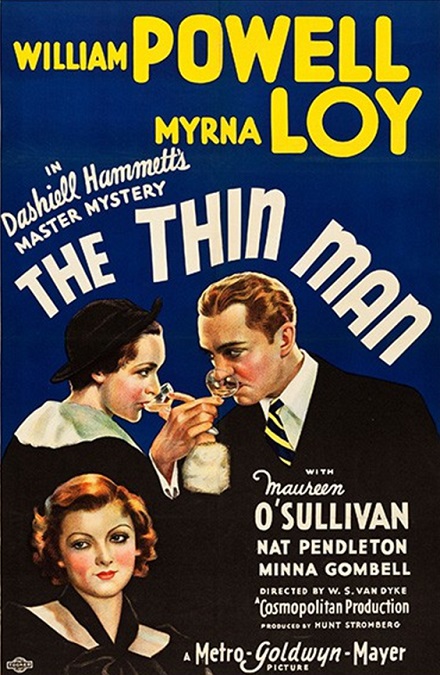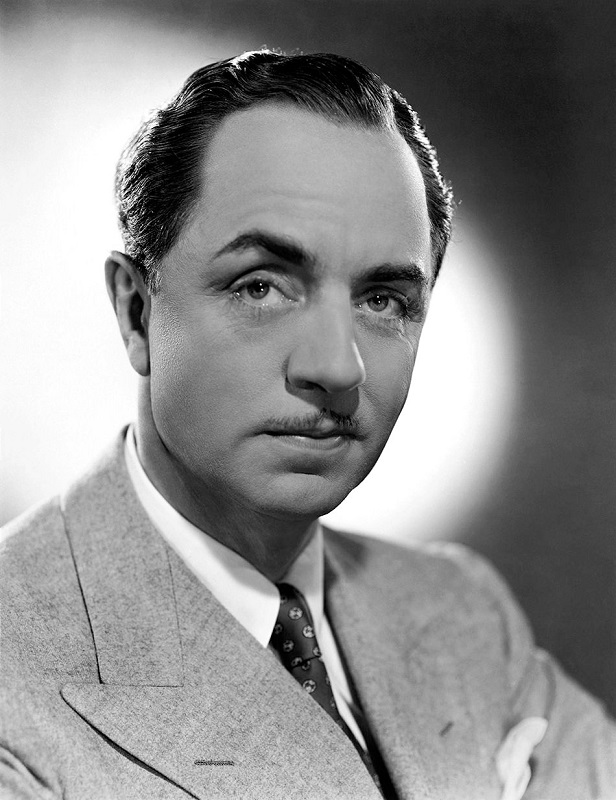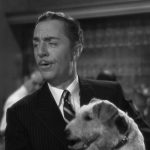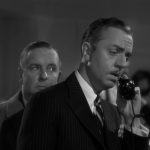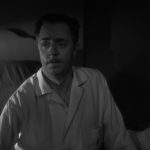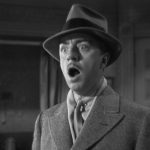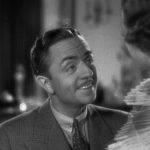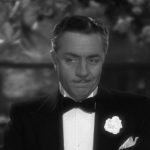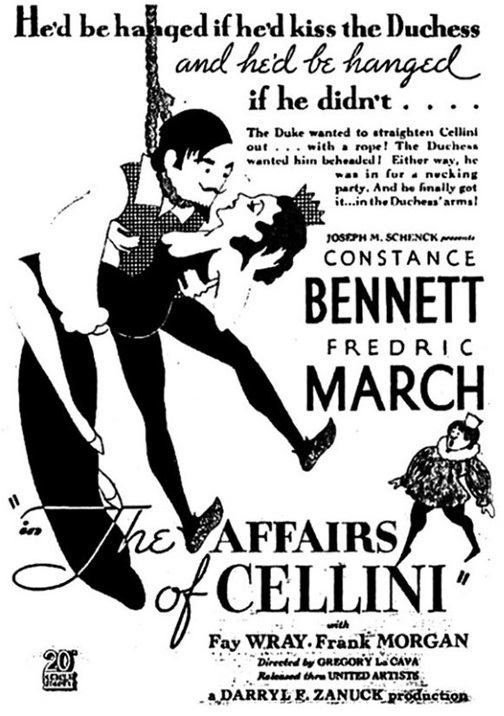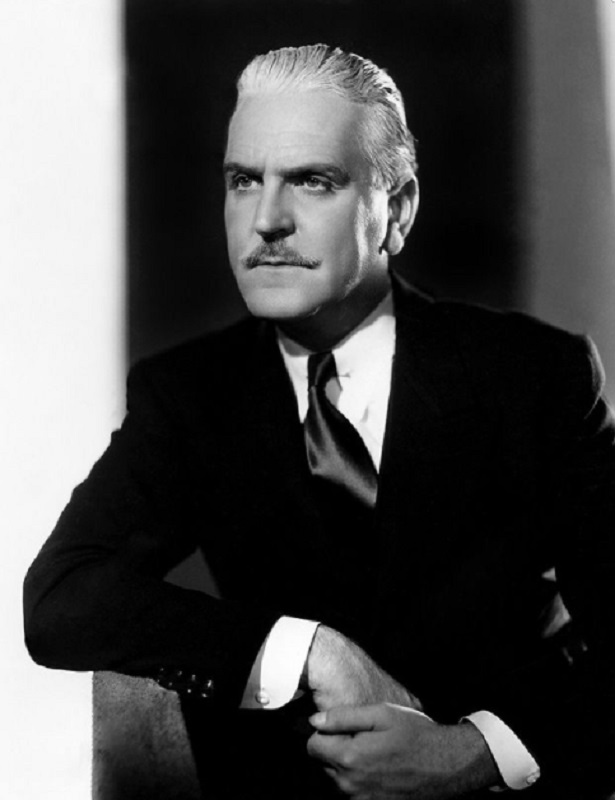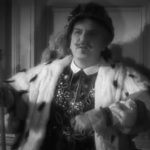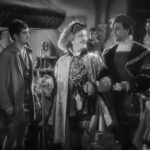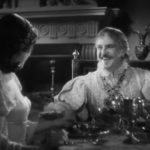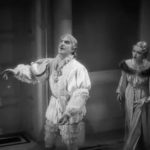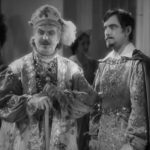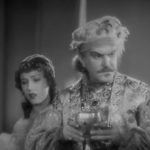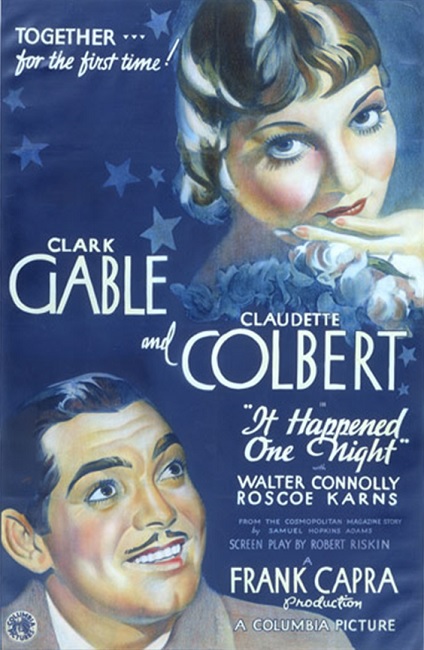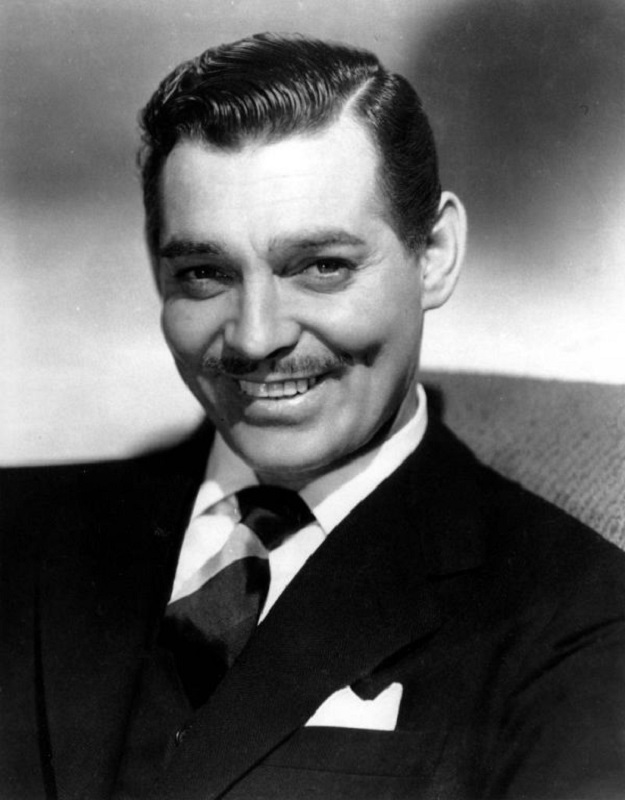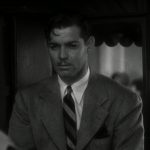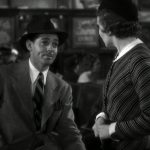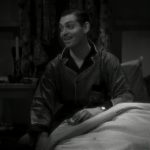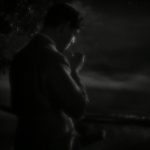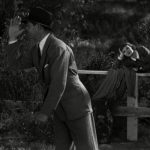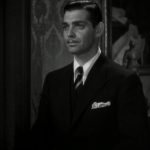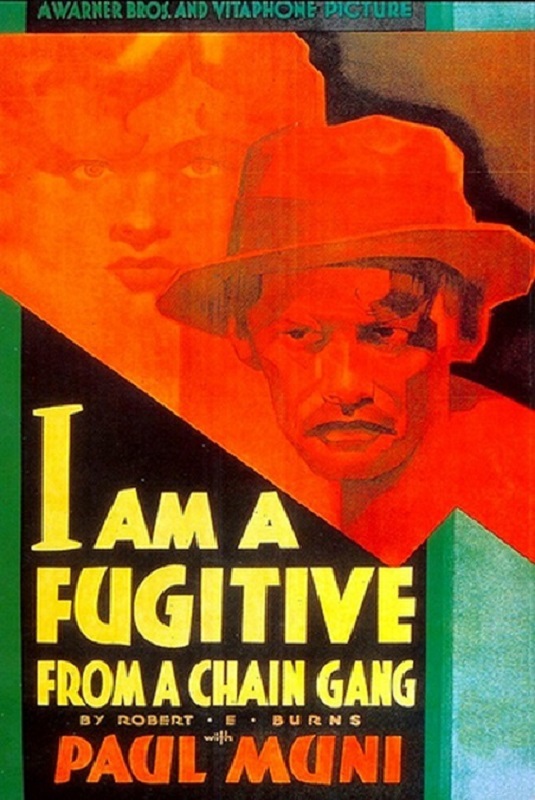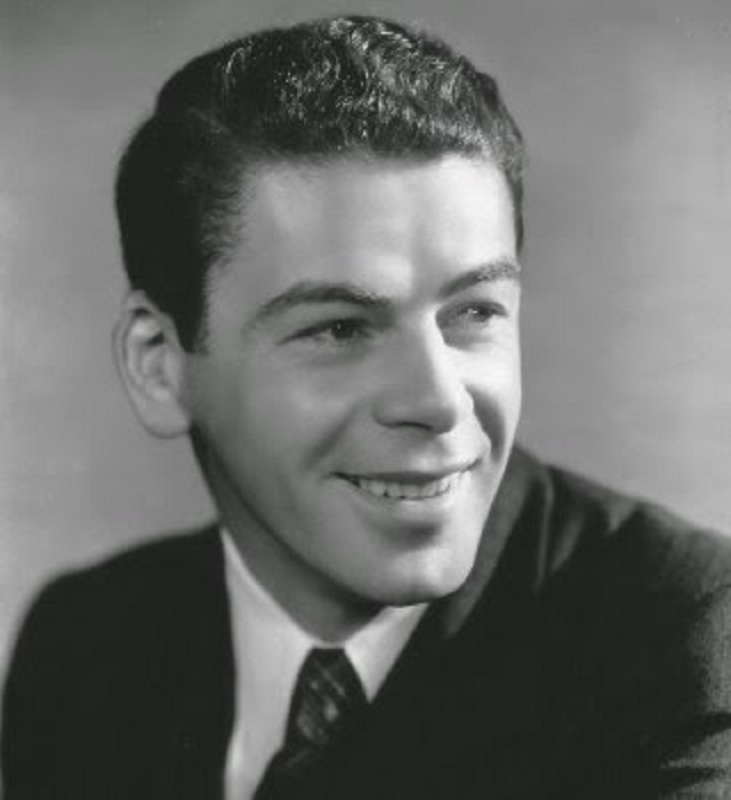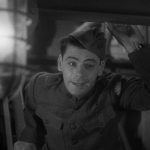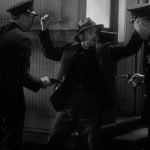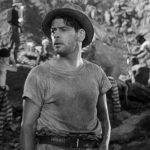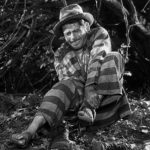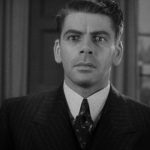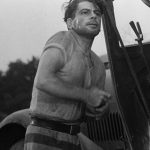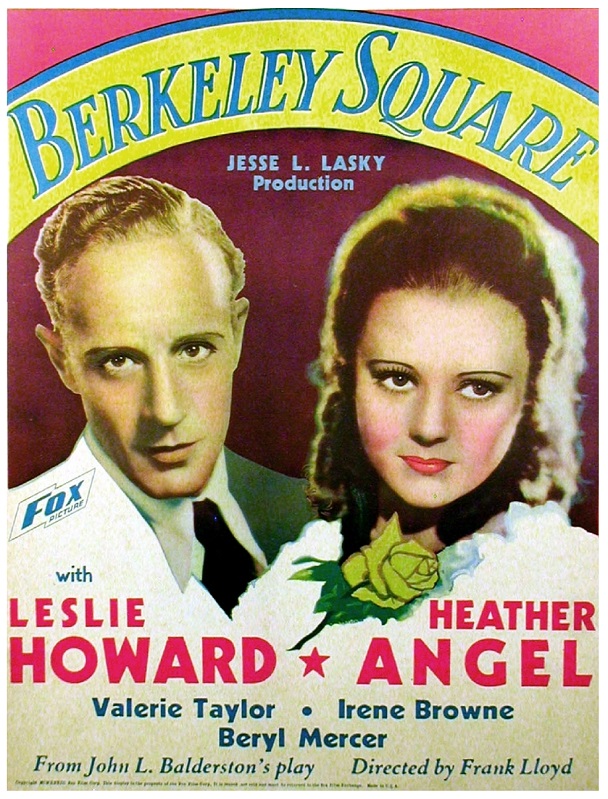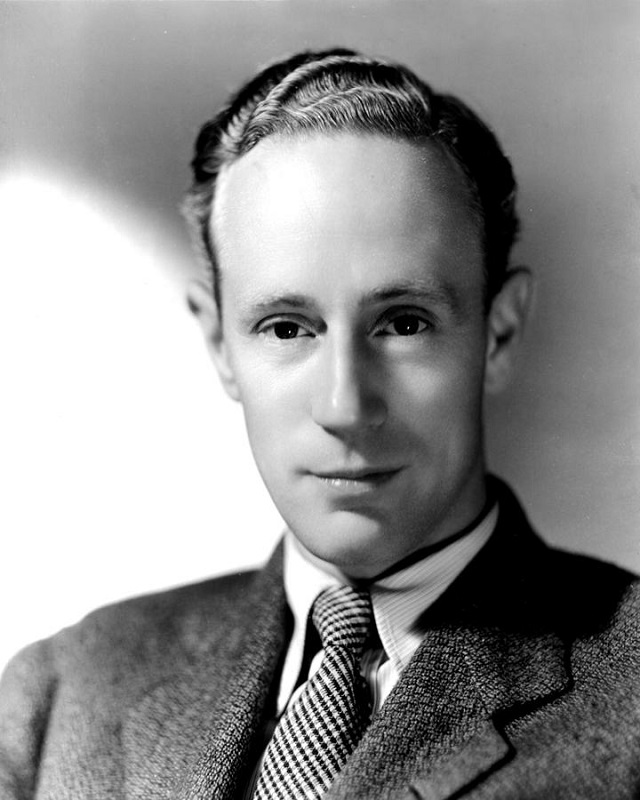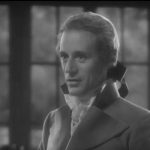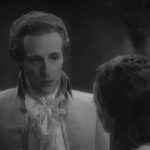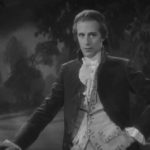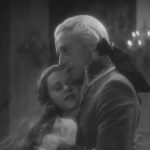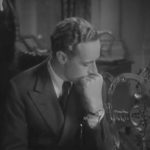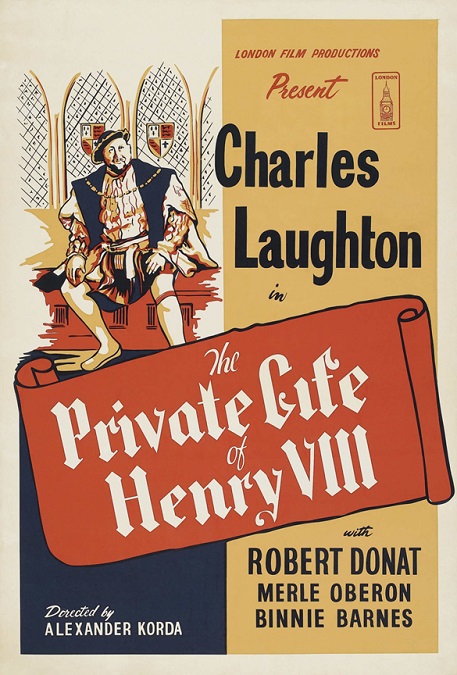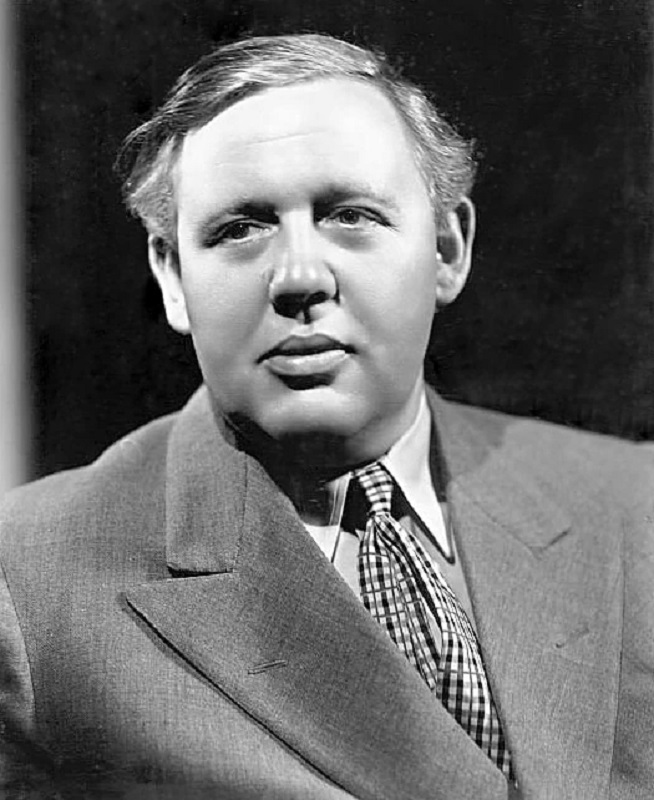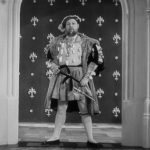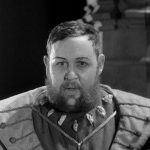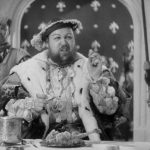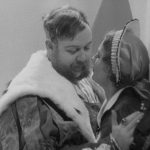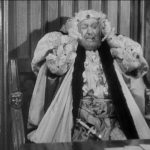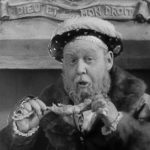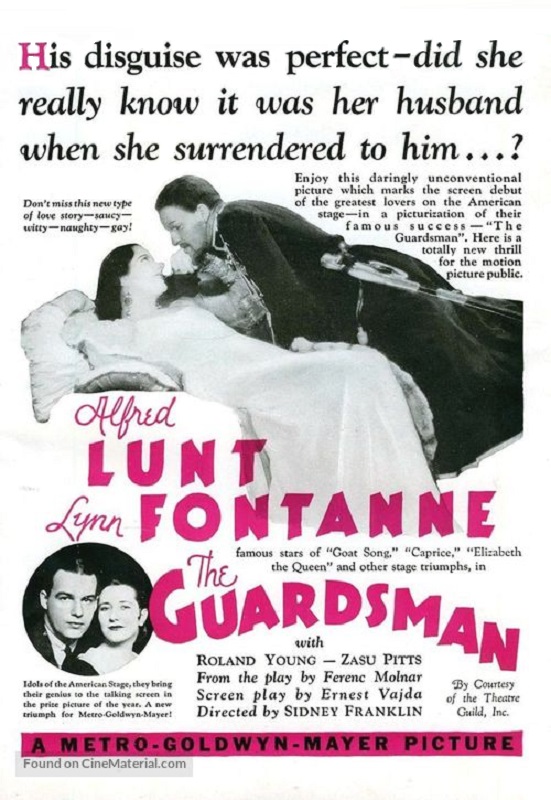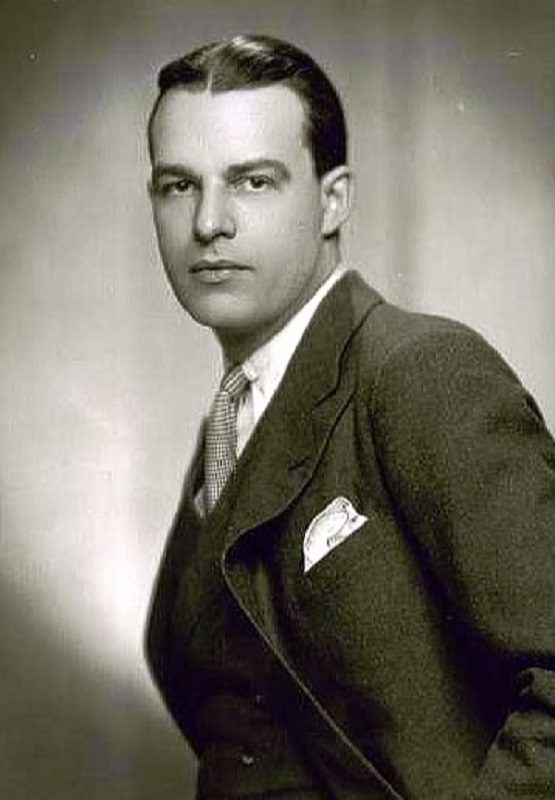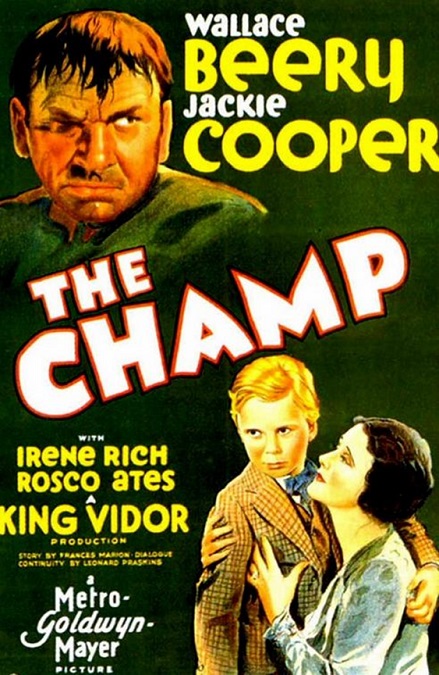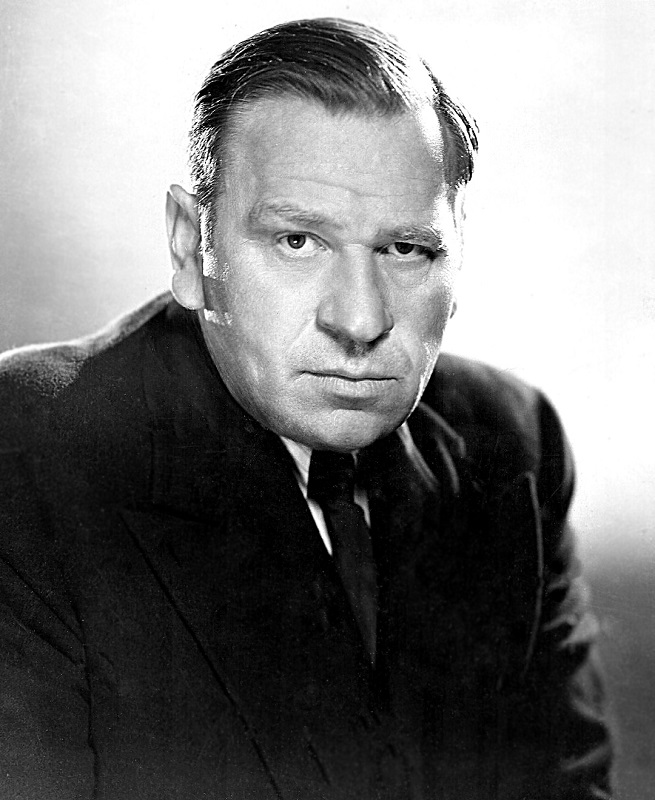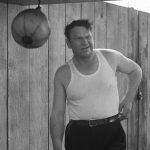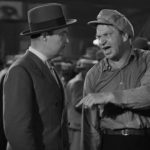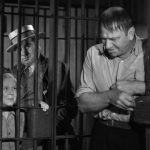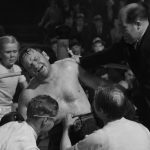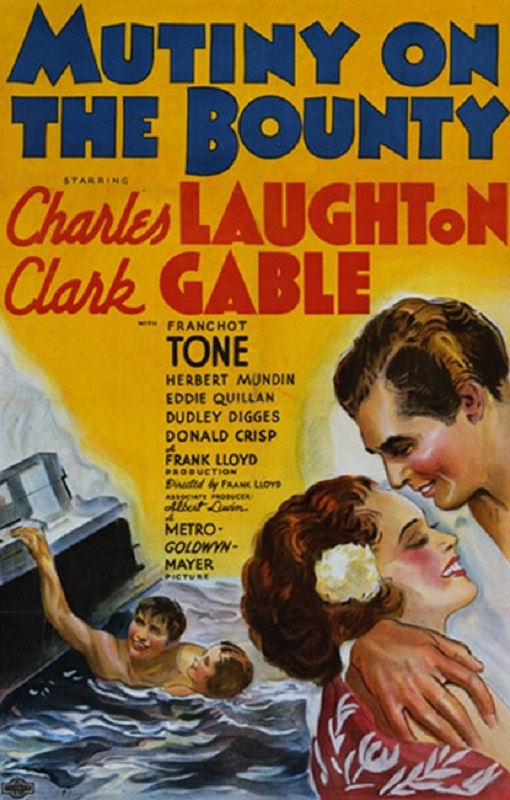
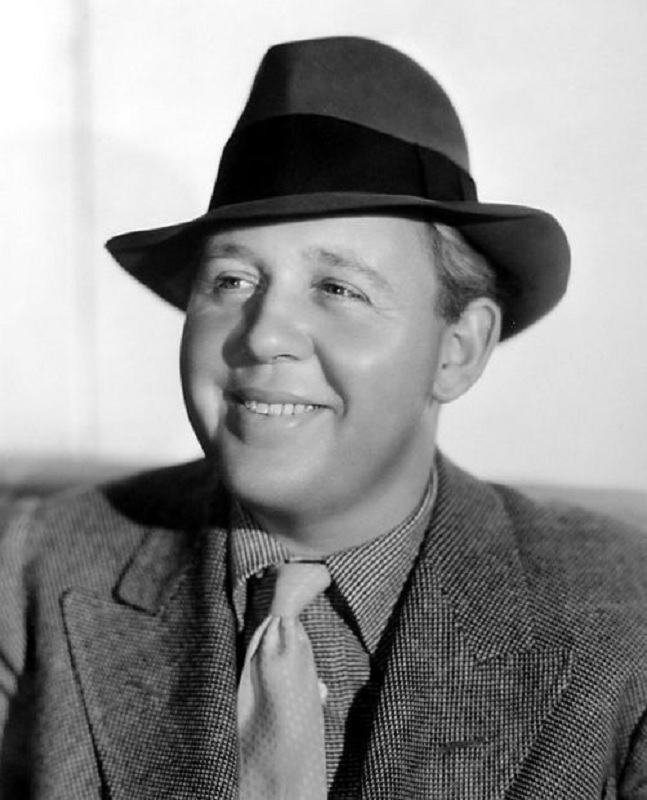

1935 – Charles Laughton
Mutiny on the Bounty
Well, I’ll start this off by just coming out and saying it. I don’t really think Charles Laughton should have been nominated for Best Actor. And it isn’t because of his acting ability. It is because I don’t think the role, the way it was written, deserved the honor. The character was so over-the-top awful that it didn’t have any redeeming qualities and no character arch. Laughton did as good a job as anyone could have with the part, but the screenwriter only wrote Captain Bligh as a one-dimensional character.
I’ve said before that I think an acting nomination needs to be a happy marriage of a well-written role and a skilled actor. A great actor shouldn’t be recognized for a poorly written part, and an expertly written part won’t be recognized if it is played by a terrible actor. Charles Laughton, unfortunately falls victim to the former. Was the character of Captain Bligh a mean and cruel man? Yes, he was, but that’s all he was. The way he was written, he was a terrible tyrant, and nothing more. He was a flat and colorless character.
There were only two scenes in the whole movie, which collectively lasted only a few minutes, where Bligh showed a different side. The first was the scene where they landed in Tahiti, and Bligh met with Hitihiti, the chief. Cordial diplomacy is used. The other is when he helps his fellow cast-offs survive at sea in a lifeboat. In all, it added up to less than five minutes in a two hour and twelve minute film. In my book, that’s not good enough. If they had given him any genuine or realistic redeeming qualities, I might feel differently, but they really didn’t
But as I said, Laughton did as good a job as anyone could have done with the role. He played mean and cantankerous well. From his first moment on the screen to his last, with those minor exceptions, he played the exact same part. But maybe that was why he received his nomination. He played that one character trait so well. He was supposed to be unlikeable, and Laughton made sure he was. So I suppose he did his job. I just don’t think the role itself was worthy of a Best Actor nomination. Sorry, Charlie.
